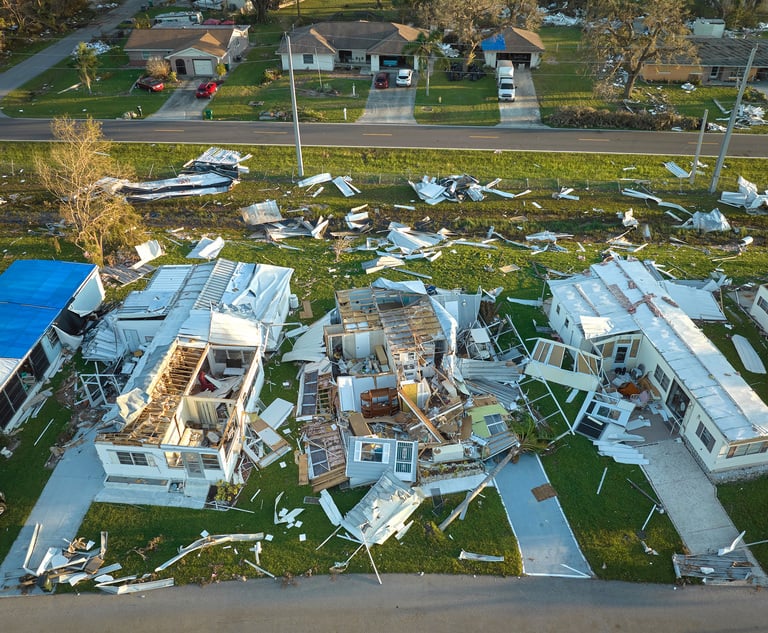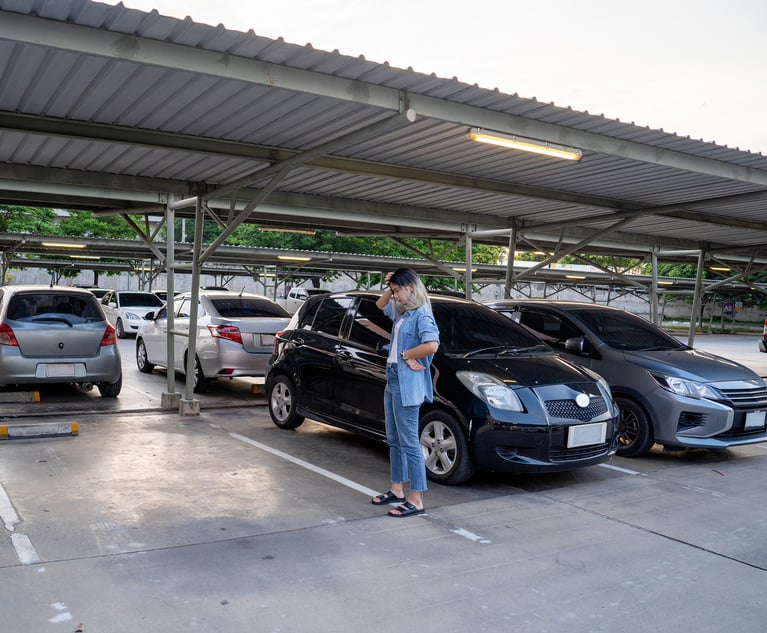NU Online News Service, May 12, 3:44 p.m.EDT
|Choosing a financially strong carrier, striving to reduceworkplace accidents and creating a formalized return-to-workprogram are some steps employers can take to control workers'compensation costs while also improving the process, PMA Companiessaid.
|In a white paper titled "10 Workers' Compensation Considerationsin Recessionary Times," Blue Bell, Pa.-based PMA, a provider ofrisk management solutions and services, said that "amid the rubbleof a slumping economy, opportunities for organizations to reducetheir workers' compensation costs and save money through savvy riskmanagement practices remain."
|Choosing a financially stable company with the right people inplace is important, the paper said, noting that global,multibillion-dollar organizations that once seemed impregnable haveexperienced hardships in this recession.
|Businesses should examine an insurer's/third-partyadministrator's experience in the industry, "its investmentportfolio, its underwriting philosophy and its business growth,"according to the paper. A broker can help in selecting the rightcompany, the paper said.
|For companies that have already implemented risk controlmeasures resulting in safer work environments, the paper advisedthat now is not the time to cut those measures to save money.
|With companies that have not implemented controls, the papersnoted, "While money may be your concern today, consider what thesemeasures achieve for your bottom line tomorrow and years down theroad."
|Establishing a return-to-work program allowing knowledgeable andexperienced employees to get back to their companies as soon aspossible after an injury can help save money by avoiding the needto hire temporary workers, the paper noted.
|"Comprehensive return-to-work programs include established'light duty' or 'modified duty' positions in all departments" if aninjured worker is medically cleared to return to work but unable toperform his/her pre-injury job, according to the paper.
|With the recession, PMA suggested some workers may "feel saferout of work receiving workers' comp benefits than being on thejob--"and this psychological component could prolong theirrecovery."
|The paper recommended that a claims administrator should followa proven service model with programs in place to contain medicalcosts.
|For example, the PMA said claim investigations should occur foreven the simplest of claims, and an adjuster or claims professionalshould always be available to discuss claim details and answerquestions from the client or injured worker.
|Other considerations PMA suggested include:
|o Consider the total cost of insurance ownership--looking beyondprice to ensure a carrier has proper experience and support toserve the appropriate risk.
|o Select the right solution for the company's needs.
|o Look to build a true partnership--finding a carrier that willcontinue to work with its insureds throughout the coverageperiod.
|o Know a bench of experts and leverage their expertise--acompany should involve its relevant experts, such as risk managersand human resource managers, when considering workers' compensationprograms.
|o Hire the right people for the job.
|o Examine the validity of workers' comp claims and injuries andknow how to act on the invalid ones--ensure a carrier has a formalanti-fraud program staffed with claims investigation and legalprofessionals.
Want to continue reading?
Become a Free PropertyCasualty360 Digital Reader
Your access to unlimited PropertyCasualty360 content isn’t changing.
Once you are an ALM digital member, you’ll receive:
- All PropertyCasualty360.com news coverage, best practices, and in-depth analysis.
- Educational webcasts, resources from industry leaders, and informative newsletters.
- Other award-winning websites including BenefitsPRO.com and ThinkAdvisor.com.
Already have an account? Sign In
© 2024 ALM Global, LLC, All Rights Reserved. Request academic re-use from www.copyright.com. All other uses, submit a request to [email protected]. For more information visit Asset & Logo Licensing.








